Punjab police arrests 155 call center personnel for defrauding US citizens
Investigation revealed that fake call centers operated at night, targeting and scamming foreign nationals in three different ways
 Punjab Police has busted two fake call centers running in Mohali / Mohali Police
Punjab Police has busted two fake call centers running in Mohali / Mohali Police
The Cyber Crime Division of the Punjab Police has busted two fake call centers in the state’s Mohali district. As many as 155 people from these centers have been arrested for making false calls and defrauding people in the United States of America.
Gaurav Yadav, Director General of Punjab Police (DGP), revealed on May.17 that the operators of both call centers were from Gujarat. A preliminary investigation found that the phoney call centers preyed on foreign nationals at night, tricking them into taking gift cards to Apple, Amazon, etc., and stealing from unsuspecting Americans.
Police teams led by SP cybercrime Jashandeep Singh and DSP Prabhjot Kaur raided both the bogus call centers earlier this week and apprehended the callers. All 155 employees working as bankers and floor managers were arrested. Two main accused are still absconding and efforts are being made by the police to nab them, officials said.
Foreign nationals were targeted with the help of the Training and Analysis Technical Assistance Center (DITAC). During the raids, police teams recovered 79 desktop computer units, 204 laptops, mobile phones and other items besides training scripts for talking to customers.
ADGP cybercrime V. Neerja announced that out of the total 155 persons arrested, 18 accused have been taken into police remand, while the rest of the arrested persons have been sent to judicial remand. He said that further investigation is underway to uncover all this fraud and more arrests are expected in the coming days.
The fraudulent call center's standard operating procedure was to solicit the purchase of gift cards from unsuspecting clients in exchange for low-interest loans. That gift card was sent to operators who would then redeem it.
In the case of Amazon, a scammer posing as an Amazon employee called US customers and threatened to report their packages as containing illegal items to federal authorities.They were instructed to withdraw the amount using the Cash App or an Amazon gift card in order to cancel the order. Failure to comply would result in the threat of reporting to the federal police.
The numbers of the gift cards were then shared with partners in the US, who would redeem the amount and send the cash to operators in India through hawala (illegal formof money transfer).
Scammers committing Microsoft frauds would trick their victims into calling a number by sending them a pop-up window that looks like an alert message from Microsoft customer service. Hereafter, the individual receives the download link, which installs an app that allowed screen viewing. Thereafter, money from the bank accounts was fraudulently transferred to MIUL accounts in the US, and received in India through hawala.
Regarding this matter, a case has been filed with the Police State Cyber Crime Cell under Sections 66 (3) and 66 (4) of the Information Technology (IT) Act, as well as Sections 419, 420, 467, 468, 471 and 120B of the Indian Penal Code.
ADVERTISEMENT
ADVERTISEMENT
E Paper
Video




 M Kaur
M Kaur

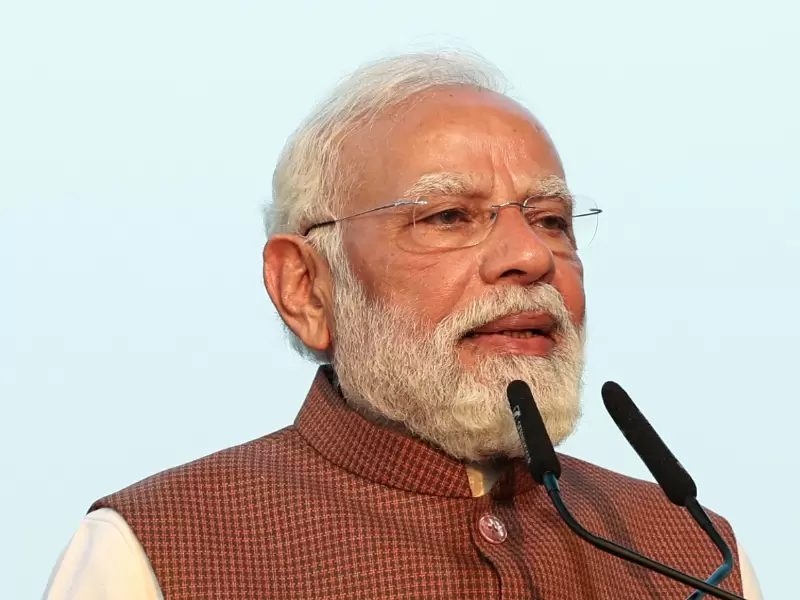




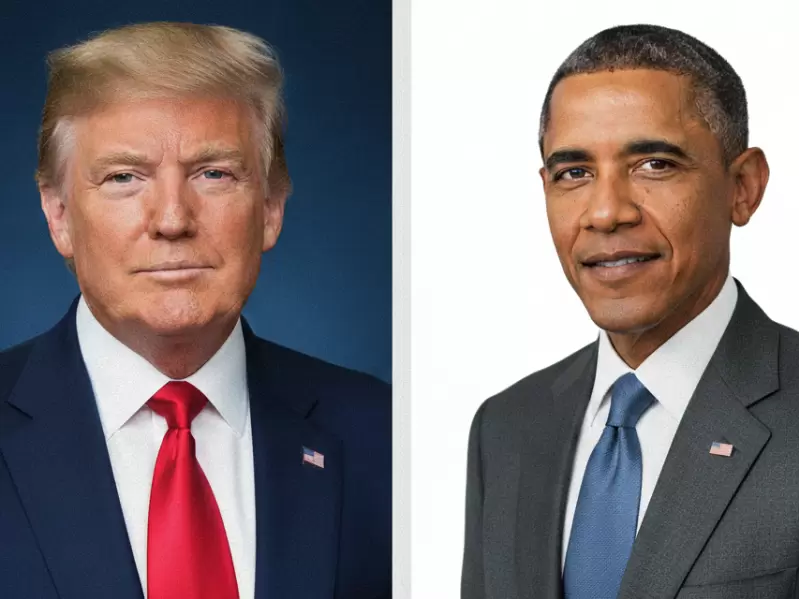
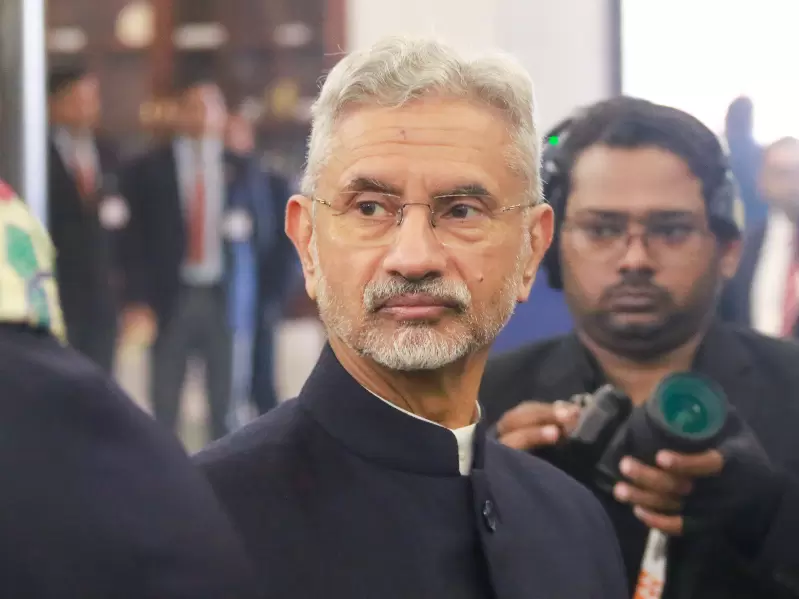
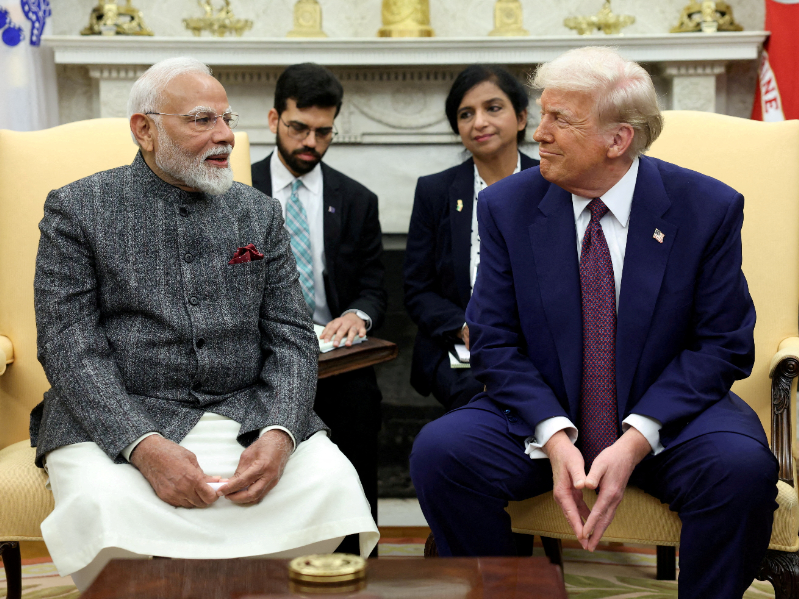
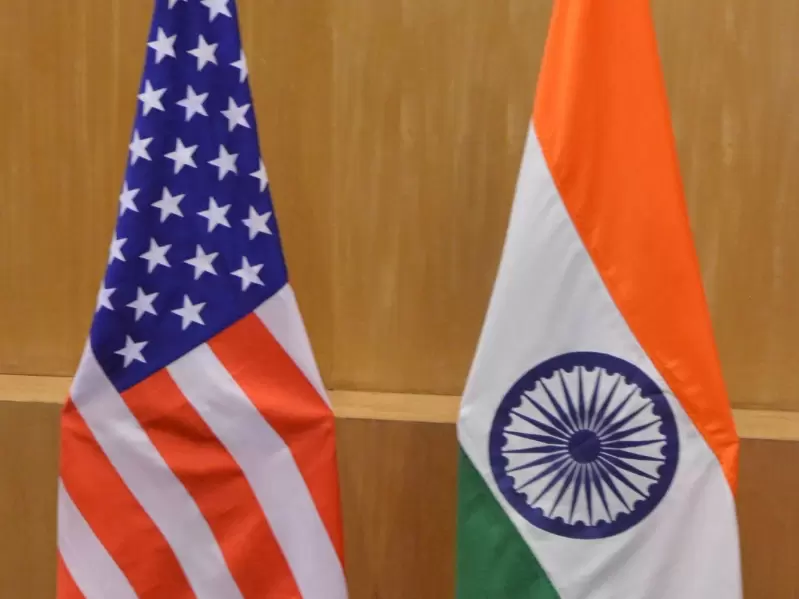



Comments
Start the conversation
Become a member of New India Abroad to start commenting.
Sign Up Now
Already have an account? Login